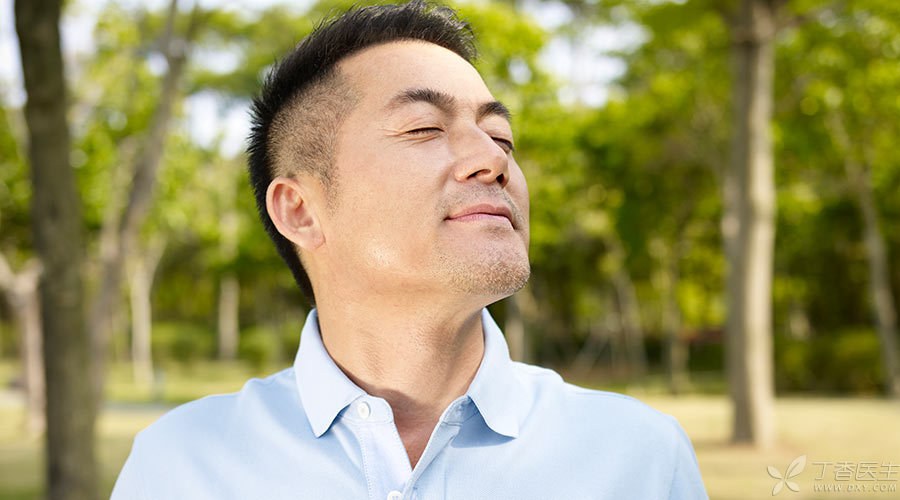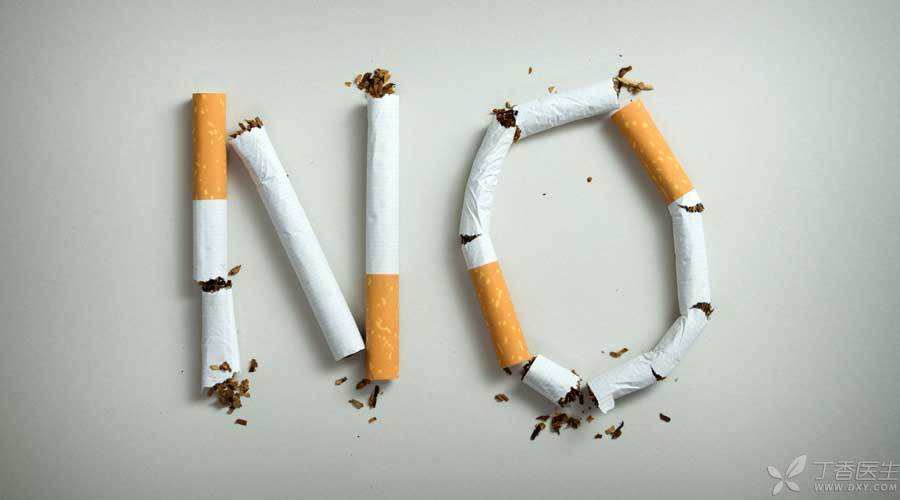
One thing we have to do every minute and every second is to breathe with our lungs.
Although the lung works very hard every day, it seems that it has always lacked [maintenance] and is injured more often.
Smoking, smoking smog, not loving sports… All these things that Dr. Clove hates most are testing his lungs.
So, besides quitting smoking, is there any what method to protect our lungs?
Of course, as long as five simple changes are made, the lungs can be healthier.
Quit second-hand smoke and third-hand smoke

Smoking is harmful to the lungs, which need not be repeated by Dr. Clove. Studies on lung cancer have confirmed this view countless times.
However, the harm of [second-hand smoke] [third-hand smoke] cannot be ignored, and we should also [quit].
Second-hand smoke is the smoke exhaled by smokers and the smoke produced when the smoke burns.
In 2012, the Ministry of Health issued the < Report on Health Hazards of Smoking in China > > which clearly pointed out:
There is no so-called [safe level] of second-hand smoke exposure. Any dose of second-hand smoke intake will have an impact. The more you inhale, the greater the risk.
When someone smokes indoors, installing exhaust fans, air conditioners or other ventilation and air filtering devices cannot prevent non-smokers from inhaling second-hand smoke.
Third-hand smoke may not be heard much by everyone. It refers to the residue on the surface of an object after smoking. After smoking, there may be third-hand smoke everywhere in walls, furniture, clothes, hair…
Third-hand smoke also contains nicotine, toxic gases, heavy metals and carcinogens, and can exist indoors for a long time, even several months after stopping smoking.
In other words, people who have smoked cigarettes are often [poisonous], so it is better for everyone to hide.
In a word, the number one enemy of the lung is smoking. Smokers had better give up smoking. Non-smokers should stay away from second-hand smoke and third-hand smoke.
Movement is the foundation
The lung itself does not have the ability to expand and shrink actively. Its breathing and inhalation are realized through the movement of breathing-related muscles.
Studies have found that improving the muscle strength and endurance of breathing-related muscles is beneficial to lung health, while exercising muscles in other parts is also beneficial.
You can stick to the following sports:
- Upper limb exercise: hand dumbbells, barbells, etc. Lower limb exercise: stepping on steps, climbing stairs, riding bicycles, etc. Whole body exercise: Taijiquan, swimming, running, etc.
Dr. Clove should remind everyone that no exercise is suitable for everyone.
The specific choice of sports should be determined according to one’s own situation, including age, physique, sports basis, body shape goals, whether there are related diseases, etc. If you are not clear, you should consult professionals first.
People who do not have a basis for exercise can start with aerobic exercise in order to better improve cardiopulmonary function.
Use masks and air purifiers well.
Smog weather often occurs and poses a great threat to lung health. Therefore, wearing anti-haze masks and using air purifiers on smog days are good ways to protect the lungs.
Common masks include ordinary cotton masks, disposable masks (medical surgical masks) and N95 masks, while only N95 masks can prevent haze.
Because the anti-haze mask has good tightness, people with respiratory and cardiovascular diseases, the elderly, pregnant women and other special groups should not wear it for too long, so as not to affect breathing and damage the lungs instead.
The main problem of smog pollution is that there are too many harmful particles in the air. Reasonable use of air purifiers can filter harmful particles and reduce allergens, which is good for our breathing.
Dr. Clove recommends that everyone pay attention to the air quality, because it is not necessary to use the air purifier behind closed doors in good weather, and window ventilation is better for improving indoor air quality.
A balanced diet is good for the body and lungs.

Perhaps many people think of pears in the first place, their throats itch, and they will feel very comfortable eating pears when they always want to cough.
However, this is only because pears contain more water and sugar, which can resist dryness and relieve symptoms.
As for [moistening lung] [relieving cough], no research has found that pears contain relevant effective components.
In fact, people are a whole, and health is also a systematic project. Only when people eat evenly and reasonably and are in good health can their lungs be good.
Of course, under special circumstances, diet will still affect lung health, and we should pay attention to it.
For example, [COPD] patients (chronic obstructive pulmonary disease) need a low-sugar diet, otherwise excessive CO2 (carbon dioxide) will be produced, increasing the burden of breathing.
Vaccines are a good supplement
If there are what drugs that can protect the lungs, then I’m afraid it must be vaccines.
For example, vaccination with Streptococcus pneumoniae vaccine can reduce the risk of pneumonia, vaccination with influenza vaccine can prevent influenza and reduce lung damage.
However, the applicable population of these vaccines may not be so wide. Dr. Clove suggested that everyone consult a doctor before getting the vaccine.
